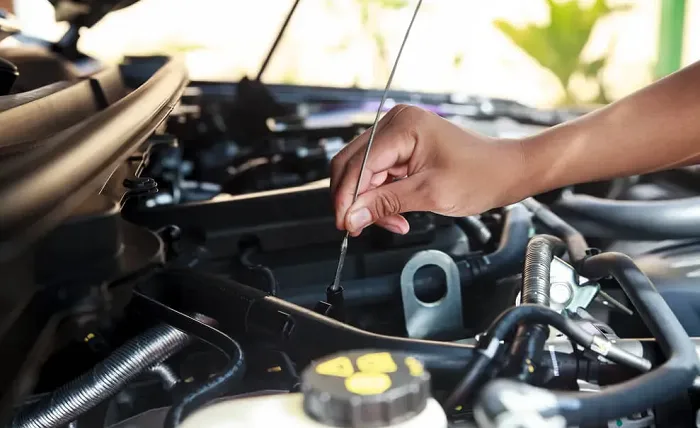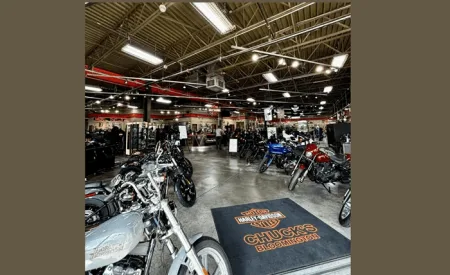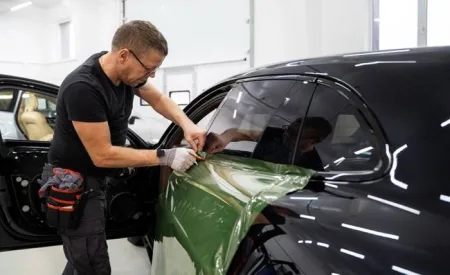Cars can be expensive things to run, and especially so right now. With the price of petrol once again beginning to rise, running costs are continuing to balloon for the average motorist – which makes the unexpected cost of a roadside breakdown or road traffic incident all the more painful. Thankfully, such incidents can often be avoided by a little preventive maintenance. But what are some essential maintenance tips for motorists to follow?
Oil Changes
First and foremost, your attention should be given to the state of your car’s oil. Engine oil is easily one of the most important variables for you to check with regard to vehicle maintenance; it is responsible for the health of your engine, via lubricating key moving parts and also assisting in heat transfer away from crucial areas.
If your oil levels are low, you will need at the very least to top up your oil, in order that your engine can function as normal. However, you should also be completely changing your oil out on a regular basis, in order to reduce the risk of engine seizure. Over time, engine oil takes on dirt and dust from the engine, thickening all the while. If left to continue doing so, it can work against the engine, reducing fuel economy and allowing parts to encounter friction with one another.
Tyre Care and Maintenance
Another key part of car maintenance, particularly for when the seasons change, relates to your tyres. Tyres are perishable items, and can either be worn down beyond usefulness or perish due to age and exposure to UV. Their tread depth should be monitored in order that they can be replaced before becoming road-illegal. You should also monitor for bumps and scrapes that could lead to punctures; advance investment in tyre insurance can help cover the upfront cost of replacements, since tyres are not inexpensive things.
In colder weather, certain tyre rubber compounds can stiffen up, resulting in a loss of traction when it counts; here, it might make sense to switch out for winter tyres that can handle wet and snowy weather. As the seasons change, so too does the atmospheric pressure – so, even if you don’t invest in new tyres, you may need to address the tyre pressure of your existing tyres regularly.
Brakes
Your brakes are a fundamental system to maintain, being your most valuable safety measure on the road. Brake malfunction or failure could risk not only the condition of your vehicle, but also the lives of your passengers, other motorists and, of course, pedestrians. For those less familiar with vehicle maintenance, brake maintenance would be best left to a qualified mechanic. As part of a regular service, your mechanic would look for signs of wear on your brake pads or drums, and replace them as necessary.



